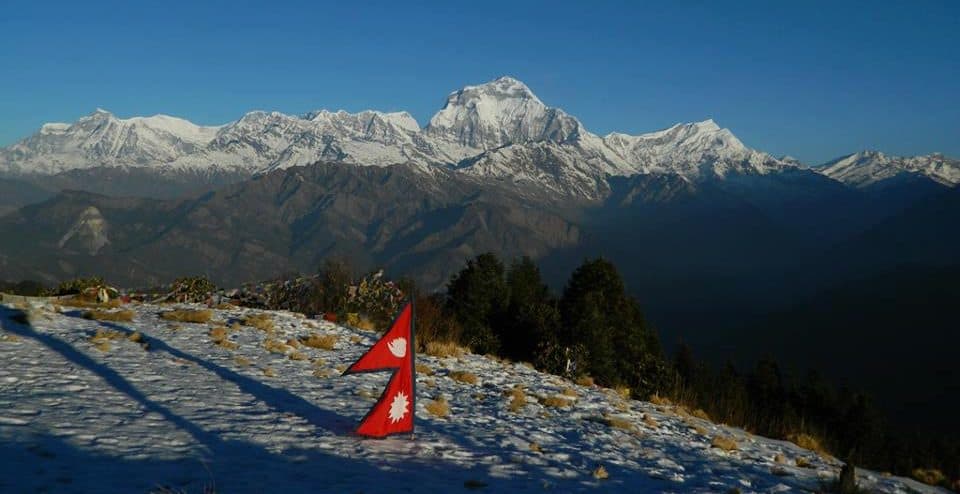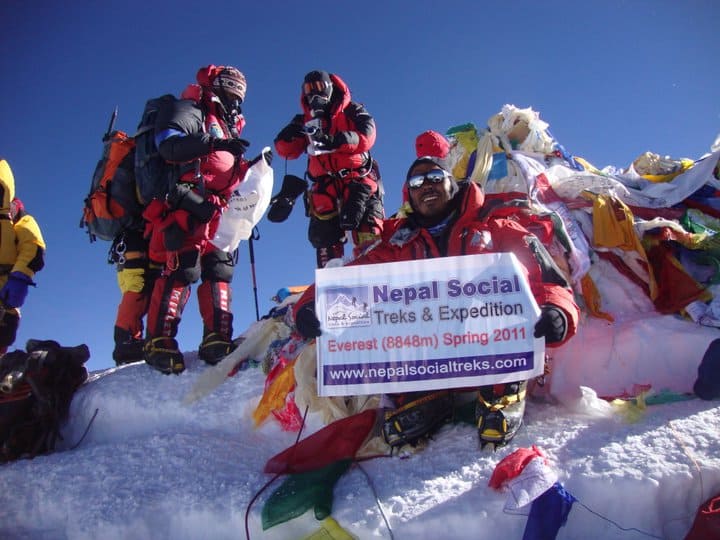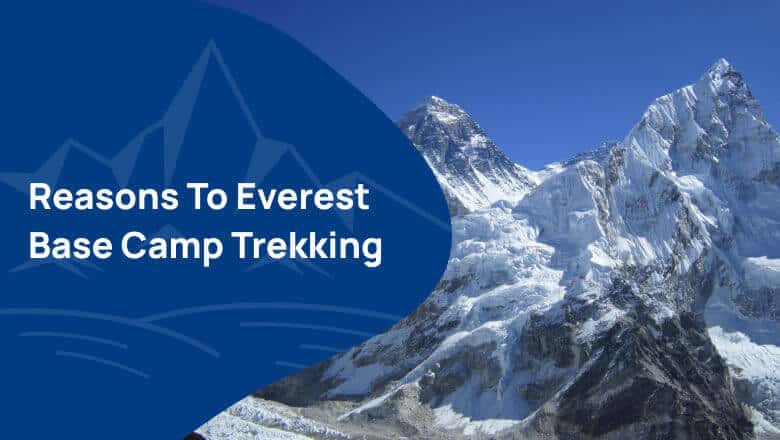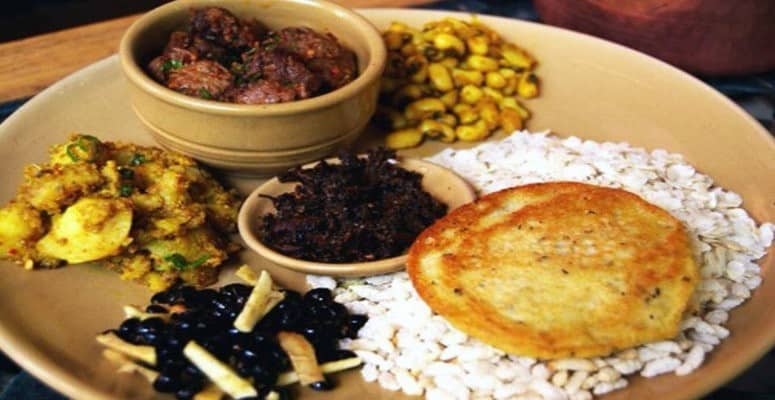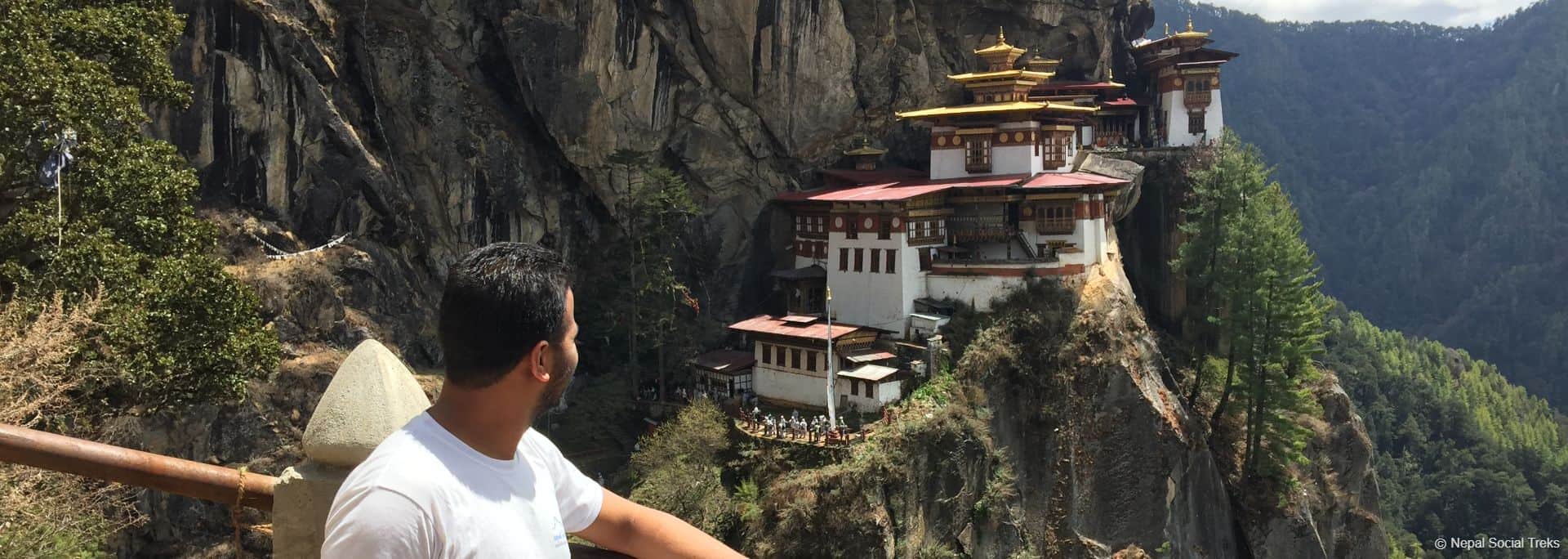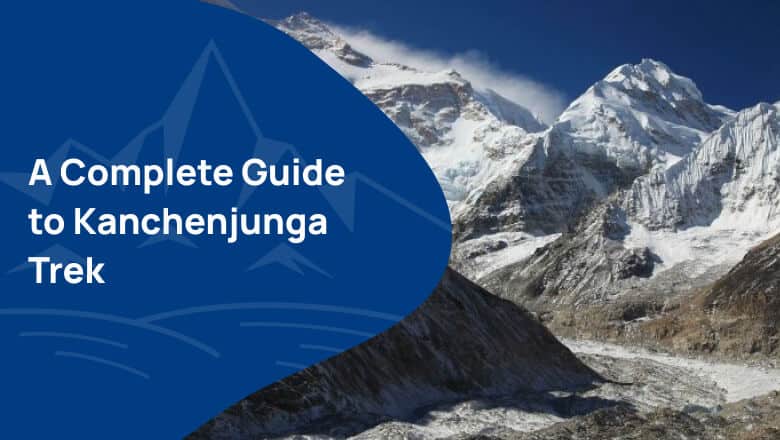Small Himalayan country of Nepal is affected by COVID-19 as well unlike other countries in the world, with all international flight since 22 March and lockdown since 24th March 2020. The Government of Nepal has decided to end the 120 days nation-wide coronavirus lockdown. The decision will come into effect from Tuesday (today) midnight, 21 July 2020.
The Spokesperson of government of Nepal, Minister for Communication and Information Technology Yubaraj Khatiwada informed that the government has decided to lift the restrictions that had been imposed to cut the spread of coronavirus infection on March 24, and revised in various stages. The Government of Nepal has announced to resume all international and domestic flights from 17th AUG 2020, the Ministry of Culture Tourism and Civil Aviation today said that it would let all tourism related activities including mountain climbing in the autumn season commence.With the latest announcement, the tourism fraternity believes that the industry, which incurred a loss of over 10 billion rupees a month during the COVID-induced nationwide lockdown, would gradually return
According to The Department of Tourism Spokesperson Meera Acharya, we are all set to issue climbing and trekking for the autumn season since the government decided to open international and domestic flights, the after the government decided to resume domestic and international flights.“Climbing activities in the autumn season and onwards will go on.
According to the Cabinet decision, flights will be resumed in three phases. First Phase the flight will be permitted to operate to the destination, which are less affected by COVID-19, gradually flight will be operated to other destination on second and third phase. The guideline on handling of the international arrival passenger will come soon said, Dr Samir Kumar Adhikari, Joint-Spokesperson at the Ministry of Health and Population.
Contents
Safety Protocol for Tours and Adventure Activities:
The Directives issued by the Health and Population Ministry, High Level COVID-19 committee and NTB HHS Protocols to be strictly followed during activities. These directives and protocols are for the operation of tours and adventure activities, keeping in mind SAFETY of teams, travelers and community.
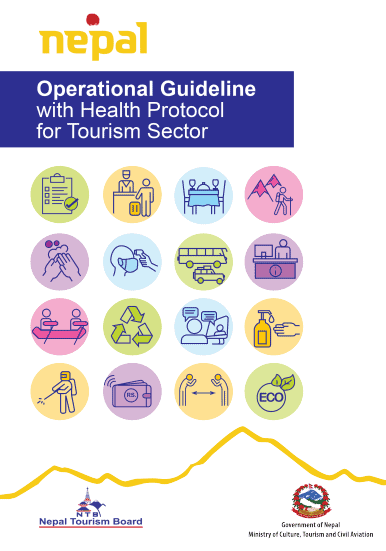
NOTE: Due to the contact intensive nature of Aqua and Aerial (rafting, kayak, canyoning, bungee jumping, paragliding and others) activities. It is recommended that these activities are offered Only to:
-
- Same group
- People who are travelling togethe
- Families
Overall:
All teams working in the conduction of tours and adventure activities should go through a training that includes:
- Prevention of Infection, Breaking the Chain and Hygiene Protocols
- Physical Distancing Protocols
- Emergency Protocols
- Dynamic Problem Solving
- Updated First Aid training.
An updated training record should be maintained by all members of the team as proof of the training. The activity leader should also be trained in passing on the salient points of the training to other members of the team during the course of the operation.
All activity leaders have to maintain a Daily Leader Log according in a pre-established format to record itinerary and points of contact to facilitate contact tracing should the need arise. This could include daily temperature checks and self-administered symptom form by the clients. Daily briefings to include hygiene, physical distancing and emergency protocols.
Daily communication when possible with the office to report and get updates on the overall situation, so itinerary can be followed and adapted according to the situation. First Aid Kits with every Leader containing extra masks, disposable glovessoap and/or sanitizers. Leaders should be mindful of communities where the tours and adventure activities are happening and minimize chances of contamination.
Activity leaders should work alongside other leaders in a destination to ensure minimal risk of contamination, and maintain a high level of hygiene.
CLIENT / TRAVELLER AGREEMENTS :
- Clients should bring their own masks with them to use when traveling.
- Clients should inform guide/ leader of any symptoms of any sort of illness.
- Clients should have travel medical insurance that includes helicopter evacuation, and the travel medical company would insure that clients would be medi-vaced out in case of any illness.
- Clients shall agree to follow the company’s health and safety protocol in case of any suspected case of virus transmission or illness within the group or within the area.
- Clients shall be requested to carry their own sanitizer with them in their packs at all times (they would bring their own on activity with them).
TOURING :
- Tour group shall maintain distance from other groups and local communities.
- In the initial stage, lunchboxes shall be used for in-tour meals, and eventually use a set of restaurants accredited for their hygiene levels and adherence to the restaurant protocol.
- Tour leader shall ensures group understands the virus protocols of hygiene and physical distancing.
- Tour Leader always has an updated First Aid kit and has extra masks and sanitizers, and is trained on how to use the kit!.
- Regular contact with office to know ground situations.
- Tour Leader is trained regularly on the Emergency Protocol in case there is an outbreak (within the group or in the area where the group is touring).
TREKKING, HIKING, MOUNTAINEERING:
- All Trekkers and Mountaineers as with GT and Mountaineering group, FITs should trek with authorized agencies/ licensed guides to ensure safety.
- Mountaineering/GT/FITs should not make any change in the approved trekking itinerary.
- Group size should be 2-15 people only.
- The Tour Leader must report health status of group members in all the health posts that lie in the trekking route, also have health check-up done. These reports are to be submitted regularly to the Agency for future contact tracing.
- The groups shall mandatory Health check up all the trekkers in Health check posts on trekking route.
- Group Health Check records including before and after report should submitted by Agency to the Department Of Tourism (DOT).
- A clearance letter confirming responsible disposal/ return of non-biodegradable garbage has to be obtained from the local government body or authorized entity in the trekking area.
CAMPING TREKS
DINING TENT & CAMP PROTOCOLS
- Dining tent should be well ventilated and large enough to have 1 meter space between trekkers.
- Consider ways to get into and out of dining tent without having to use common zip.
- Plenty of sanitizer in push-top container inside dining tent.
- Warm washing water and soap provided outside dining tent.
- Avoid using common towel for drying hands (use medical hand shake).
- Have separate bowls for clients for snacks so that clients are sharing serving utensils as little as possible.
- Have guide serve snacks, meals and tea so clients do not share common plates and utensils.
- Clients and staff inside tent must leave tent when they cough or sneeze, or at the very least cough into their elbow or shirt.
- Clients must wear masks in dining tent (they should bring their own).
- The trekking company Should have a full medical kit including lots of extra masks, inhalers, plastic gloves, thermometers and oxygen cylinders.
KITCHEN TENT, GUIDE & STAFF PROTOCOLS
- Staff should be well trained to understand hygiene safety and health protocol
- Staff would wear masks at all times at camp or when shopping for local supplies.
- Sterilize all utensils, bowls, plates and mugs for use in dining tent (steam for 10 min).
- Kitchen tent should have plenty of sanitizer (push-top container), soap and water
- Kitchen tent would have plenty of clean towels for drying all plates, cups and utensils (for clients). Wash after every use.
- The usual distancing precautions would be observed when shopping for local supplies. Bring own reusable shopping bags and wash when finished shopping.
- Guide and all staff would set a good example of adhering to the protocol for the clients to follow.
- Guide should brief both staff and clients about ‘H.H.S Protocol’ before and during the trek, and make sure that both staff and clients are following these guidelines.
- Guide should include in the daily briefing anything having to do with interactions with locals or village protocol during that day’s trek.
- Guide should actively keep an eye on the medical condition of all clients.
- Guides will carry appropriate satellite communications to report any emergency, evacuation of any sick, or potentially infected clients.
CLIENT PROTOCOLS
- All clients will be in single tent, except for couples or people who have travelled to Nepal together. Consider providing single tents without charging for single supplement.
- Clients shall agree (in writing) that they might have to leave the trek if the guide deems this to be medically necessary, possibly with the consent of their travel medical insurance company
HIKING & TRAVEL PROTOCOLS
- The group shall not hand out sweets or other things to kids or locals while trekking or at camp. Although it’s certainly possible to keep items brought from home virus- free, if there was a virus outbreak in a village it might be linked to trekking
- The group shall maintain distance from other trekking groups and villagers.
- The group shall not invite other people into dining, kitchen or personal tents (serve tea or snacks to locals outside all tents).
- The group shall not enter villagers houses, have encounters with villagers except at a safe distance.
- Only Namaste, no hugs or handshakes with anyone at any time.
LODGE TREKS
- All clients shall have single rooms, (wherever applicable) except for couples or people who have travelled to Nepal together.
- All groups shall maintain social and physical distancing as per protocol from other trekking groups, lodge staff and locals.
- Follow protocol guidelines for shopping, interactions with locals as on camping treks.
- The guide shall advise clients to only shop from local shops where safety guidelines are being adhered.
- The guide shall advise clients to strictly follow health protocols in lodges (coughing into elbow or shirt, wearing mask, not handing common condiment containers without clean hands, not touching door handles without clean hands, not using any common towel etc).
- The guide shall ensure that the lodge owners and staff are maintaining their property as per established guidelines.
- The guide shall make sure that the kitchen facilities and rooms in the lodges are clean, sanitized and sterilized.]
For More Details Safety Protocol Click Here, Nepal Tourism Board official site.

